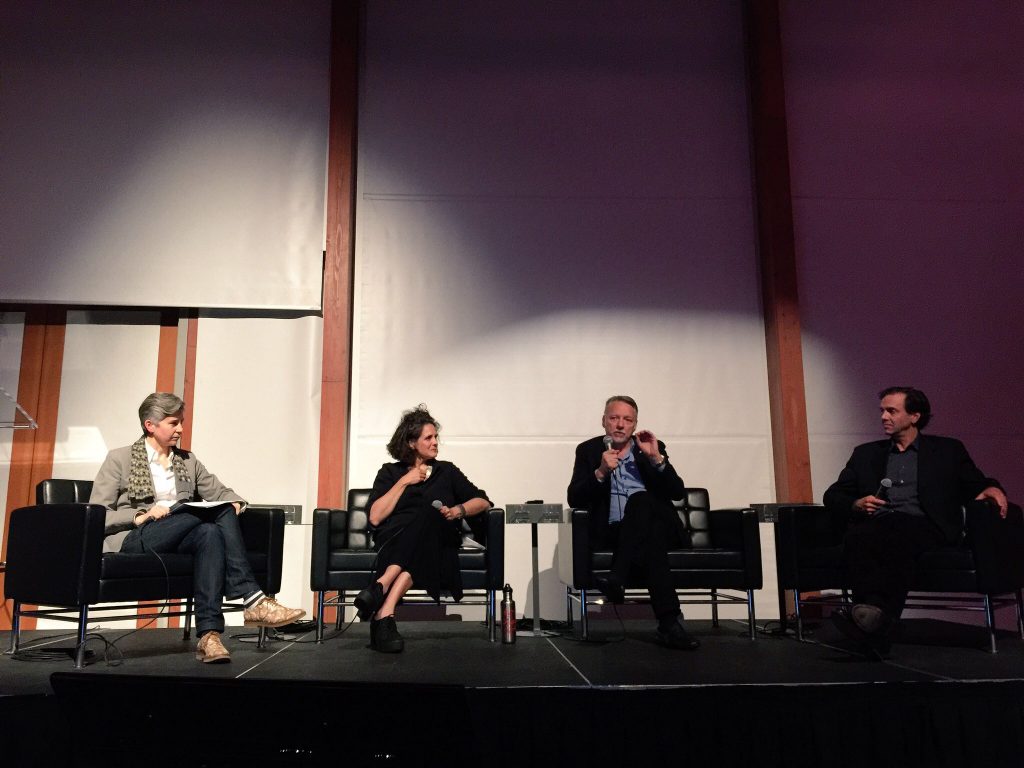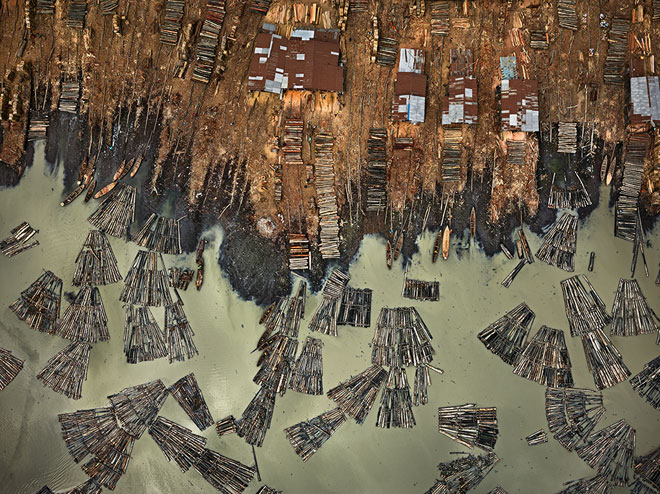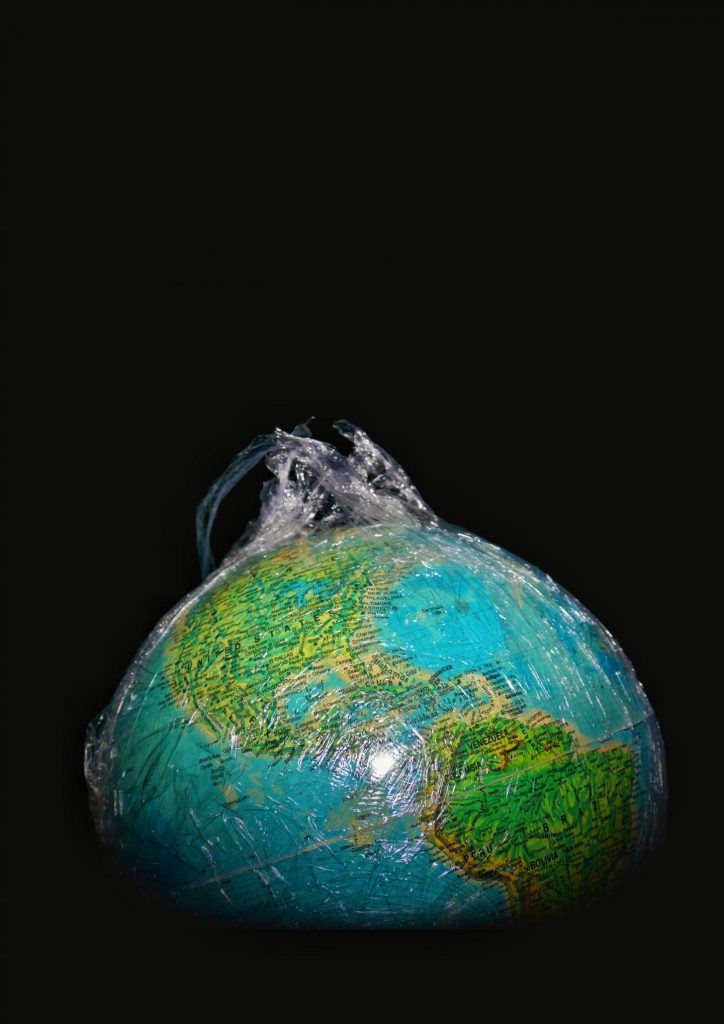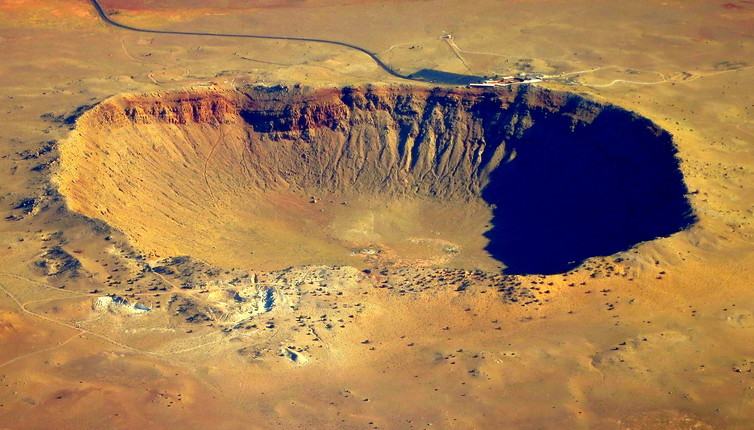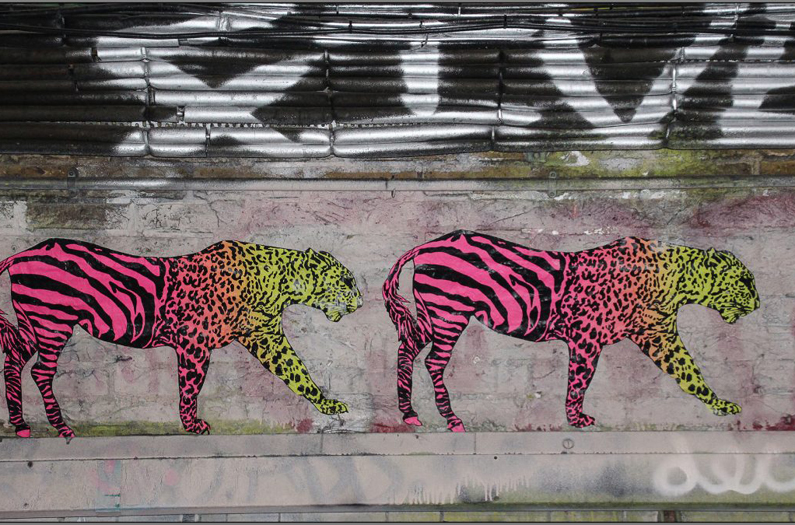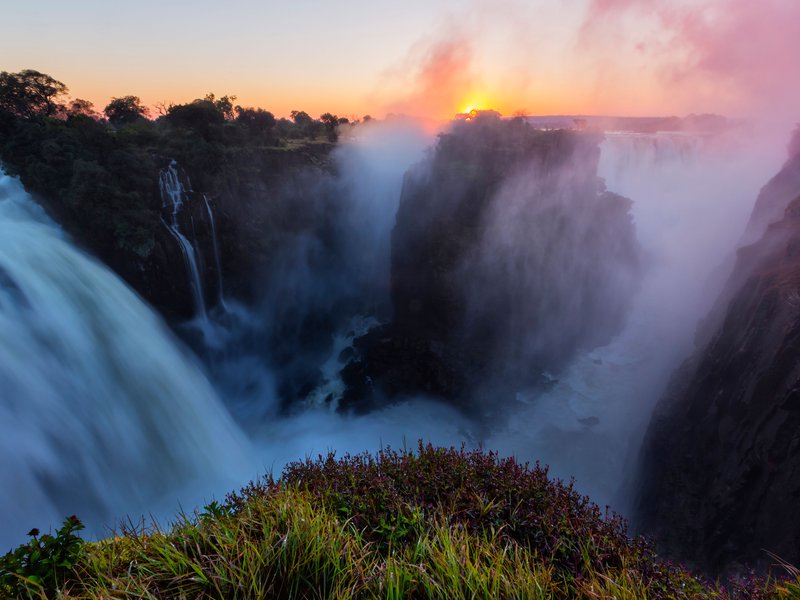Posts Tagged ‘Anthropocene’
Anthropocene Talk at the AGO with Jennifer Baichwal, Nick de Pencier and Edward Burtynsky
Anthropocene Talk at the AGO – May 3, 2017
Read MoreWorld’s Oldest Cave Glacier Reveals 10,000 Years of Climate Data
By Cassie Kelly | EcoWatch Deep inside the Apuseni Mountains you’ll find the Scărișoara Ice Cave in Transylvania, the oldest cave glacier in the world. You’ll also find some pretty incredible climate data from the last 10,000 years. An international team of scientists from several institutions, including the University of South Florida, University of Belfast and…
Read More[PRESS RELEASE] The Movie Network Announces Canadian Original Documentary Development and Production Slate
TORONTO, April 27, 2017 /CNW/ – As the documentary world gathers at the 2017 Hot Docs Canadian International Documentary Festival, Bell Media’s The Movie Network (TMN) has confirmed its commitment to the development and production of a diverse array of provocative, compelling documentaries from some of Canada’s finest filmmakers. The list of eight new works commissioned…
Read More[TALK] Anthropocene: Edward Burtynsky, Jennifer Baichwal, Nick de Pencier
Wednesday May 3, 2017 8 pm Baillie Court, Art Gallery of Ontario Members $15 | Public $17 | Students $10 Tickets available online Thursday March 23 BUY TICKETS Join us for a conversation with renowned photographer Edward Burtynsky and acclaimed filmmakers Jennifer Baichwal and Nick de Pencier. They will be discussing their latest collaborative project—Anthropocene —…
Read MoreThe Anthropocene: Scientists respond to criticisms of a new geological epoch
Press Release A team of academics led by the University of Leicester has responded to criticisms of the proposal to formalise a new geological epoch – the Anthropocene. Geological critics of a formalised Anthropocene have alleged that the idea did not arise from geology; that there is simply not enough physical evidence for it as…
Read MoreWe’ve created 208 new minerals: Time for a new, human-influenced Anthropocene epoch?
By Nicole Mortillaro | CBC News Humans have created 208 new minerals, bolstering the argument that the planet has entered a new epoch in its geological history, a study being published today finds. In the study, published in American Mineralogist, the researchers explain that the influx of minerals is the largest since the increase of oxygen in…
Read MoreFound: Thousands of Man-Made Minerals—Another Argument for the Anthropocene
By Shannon Hall | Scientific American Humans have dramatically changed Earth’s surface. Satellite images show New York City’s sparkling lights at night and the Great Wall of China during the day. But we have also produced signatures in the strata beneath our feat that can’t be seen so readily, like the plastic that litters the ocean…
Read MoreWill naming the Anthropocene lead to acceptance of our planet-level impact?
By Lehigh University | EurekaAlert “What’s in a name? That which we call a rose by any other name would smell as sweet.” This phrase–from William Shakespeare’s tragic play Romeo & Juliet–is among the most famous acknowledgements in Western culture of the power of naming to shape human perception. According to the International Union of Geological…
Read MoreIs the ‘Anthropocene’ Epoch a Condemnation of Human Interference — or a Call for More?
By Wesley Yang | The New York Times Perhaps you’ve noticed, amid the hot invective and dry mockery of daily events in your social-media feeds, reports of the glaciers melting at each pole. Arctic ice cover reached record lows this summer and fall, while in Antarctica, we saw the continuing enlargement of an already massive crack…
Read MoreIntroducing the terrifying mathematics of the Anthropocene
By Owen Gaffney and Will Steffen | The Conversation Here are some surprising facts about humans’ effect on planet Earth. We have made enough concrete to create an exact replica of Earth 2mm thick. We have produced enough plastic to wrap Earth in clingfilm. We are creating “technofossils”, a new term for congealed human-made materials – plastics…
Read MoreAnthropocene: its stratigraphic basis
By Jan Zalasiewicz, Colin Waters & Martin J. Head | Nature, Correspondence As officers of the Anthropocene Working Group (AWG; J.Z. and C.W.) and chair of the Subcommission on Quaternary Stratigraphy (SQS; M.J.H.) of the International Commission on Stratigraphy (ICS), we note that the AWG has less power than Erle Ellis and colleagues imply (Nature 540, 192–193; 2016). Its role…
Read MoreInvolve social scientists in defining the Anthropocene
By Erle Ellis, Mark Maslin, Nicole Boivin & Andrew Bauer | Nature Three dozen academics are planning to rewrite Earth’s history. The Anthropocene Working Group of the International Commission on Stratigraphy (of which one of us, E.E., is a member) announced in August that over the next three years it will divide Earth’s story into two parts: one in which humans…
Read MoreCities are the new laboratories of evolution
By Sarah DeWeerdt | Anthropocene Magazine Cities are driving rapid evolutionary changes to plant and animal species, according to a study published yesterday in the Proceedings of the National Academy of Sciences. Usually, we think of evolution as happening in remote, isolated, or pristine places—the Galapagos Islands, for example. But the new findings suggest that scientists can’t understand…
Read MoreCOMMENT: Finney & Edwards Article
By Jan Zalasiewicz, Colin N. Waters, Alexander P. Wolfe, et al. | GSA Today The article about the Anthropocene by Finney and Edwards (GSA Today, v. 26, no. 3–4, p. 4–10) is part of a wider critical commentary we have addressed (Zalasiewicz et al., 2017), and is an essential and welcome part of its analysis. We…
Read MoreWhy Should Humans Care if We’re Entering the Sixth Mass Extinction?
By Smithsonian.com | Smithsonian Magazine Sometime in the near geological future, the landscape of life on earth as we know it will be transformed. It’s a mass extinction, and it’s only happened five times before in Earth’s history. There have been severe ice ages, perplexing losses of oxygen from our oceans, massive volcanic eruptions, meteor impacts.…
Read More
